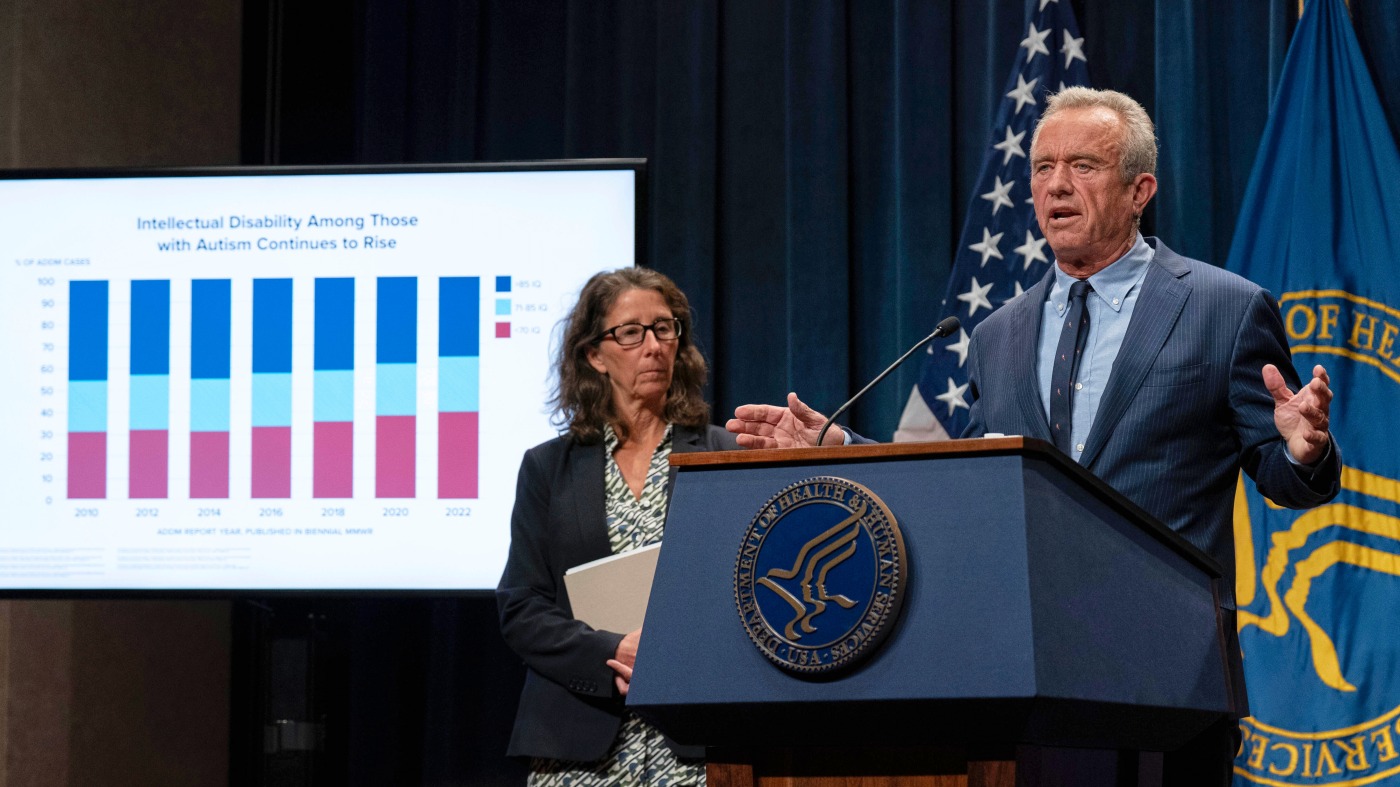Autism's Hidden Trigger: RFK Jr. Launches Urgent Quest for Environmental Roots

In response to controversial statements by the health secretary, autism researchers and advocacy groups are challenging what they describe as misleading and harmful characterizations of autism. Experts emphasize that the origins of autism spectrum disorder are far more nuanced and complex than simplistic explanations suggest.
Leading scientists have been quick to point out that autism's etiology involves a sophisticated interplay of genetic, environmental, and neurological factors. The research community strongly advocates for a more compassionate and scientifically grounded understanding of autism, rejecting stigmatizing narratives that can potentially harm individuals and families affected by the condition.
Advocates argue that such uninformed comments not only misrepresent the current state of scientific knowledge but also risk perpetuating harmful stereotypes about neurodevelopmental differences. They call for increased public education and more responsible communication about autism that respects the diversity and unique experiences of individuals on the spectrum.
